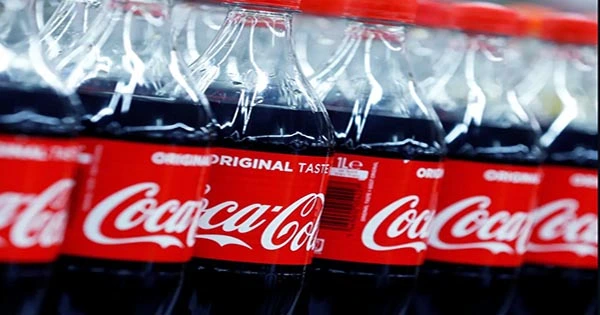Coca-Cola is undoubtedly on the list of post-IPO firms that I can usually overlook because I don’t cover them frequently. However, I’m sorry, my blood just boils when the firm issues a hand-wringing press release about how amazing they are for introducing a bottle cap where the cap remains connected to the bottle “for environmental reasons.” Do not misunderstand me; increased recycleability and fewer bottle tops that escape recycling is both positives. I fully support it. However, the background for this is that, like in the U.S., bottles are recycled in the U.K. rather than reused. And they are recycled at appalling rates.
Coca-Cola and other beverage producers in the rest of Europe came up with a workable system: you pay a deposit when you buy a bottle or aluminum can and you get the deposit back when you return it. It works: Reusable bottles were returned in Norway in 2018, for instance, in 95 percent of cases, and aluminum cans in upwards of 98 percent of all cases. The packaging is either recycled or used again after being returned.
Beer frequently comes in reusable glass bottles that are really re-used by the brewers rather than having to melt and re-make the bottles after a single use. There is a greater dependence on plastic bottles that are durable enough to be reused 20 times before they are recycled. In contrast, in the US neither are the bottles reused nor are they even recycled; the remaining bottles end up in landfills. The figure is approximately 45% in the United Kingdom, where Coca-Cola takes pride in its ability to connect caps.
Come on, come on, “Coca-Cola Great Britain takes another step towards a World without Waste for PET bottles.” You are aware that this is absurd, as they would say in the United Kingdom. Congratulations, Coca-Cola, on figuring out some of the details here.
However, as a business, you are aware that there are better solutions available, and if you so desired, you could set up the necessary systems to increase recycling rates to at least 90% from the pitiful 30-45% we currently observe in the U.K. and U.S. The marketplaces are indeed larger. Cultural differences do indeed occur. But if you really cared about the environment, why not work with your local governments and recycling facilities to help make a genuine impact rather than just putting out incremental BS that really does nothing more than get the media to blast smoke up your asses?
















